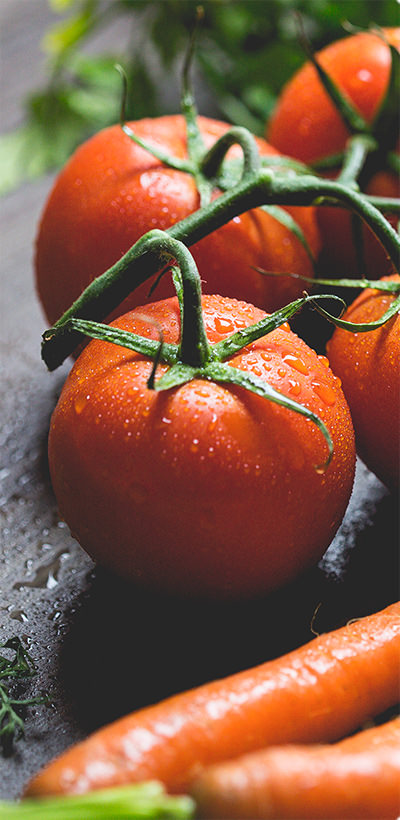Beit Alpha Cucumber
Open-pollinated and nearly spineless. This variety is one of the most disease-resistant on the market! A Middle Eastern type, Beit Alpha produces 6-8" fruit that is sweet, crunchy, bitter-free and burpless. The fruit can be harvested at 5-6" for pickling and salads. Maturity 55 days from transplant. Approx. 50 seeds/pkg.
Scroll down for more details and growing information.

Details
Growing Information
Planting:
Sow indoors 3-4 weeks prior to last frost or direct seed after all risk of frost. For indoor planting use 2 inches square jiffy strip pots and plant 1-2 seeds per square; thin to ensure one plant per pot. Plant seeds 1⁄2-1 inch deep, transplant or space plants 6 inches apart in rows 4-6 feet apart. Plants are tender, so soil should be warm (18-24 degrees C) for germination to begin. If growing on a trellis, space plants 18 inches apart.
Growing:
Cucumbers require full sun and soil pH of 6.0-6.8. As they are heavy feeders, an application of compost or well-rotted manure worked into the planting area will help. Regular applications of a complete soluble fertilizer during the growing season is beneficial. Plants should not be allowed to wilt. Make sure they are well-watered before transplanting. Spread a mulch around plants before they start to vine, to cut down on weeds and conserve moisture. The mulch will also help to keep the fruit clean.
Harvest:
Pick slicing cucumbers when they reach 6-8 inches long; pickling types at 3-5 inches. Keep mature cucumbers picked off the vines to encourage a longer yield. Harvest cucumbers for pickling early in the morning.
Pests & Diseases:
Striped or spotted cucumber beetles can emerge from the soil in spring and nibble on the leaves and stems of emerging plants. The beetles spread a bacterial wilt which causes plants to wilt and die before bearing fruit. Use of row covers as soon as the seed has been planted is your best defence against this pest. Row covers that tightly cover the soil surface where these seeds were planted, have shown great results. Once the plants are big enough and have set out their bloom, row covers will need to be removed. At this stage your plants are typically not in any real amount of danger as the population is decreased and the plants are large enough that bugs wouldn't be able to consume the plant.
Companions:
Bush bean, cabbage family, corn, dill, eggplant, lettuce, radish, pea, tomato.



